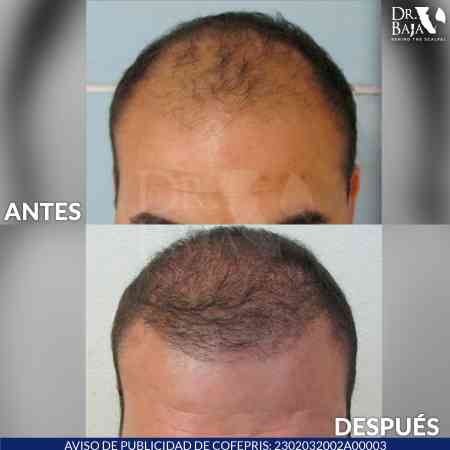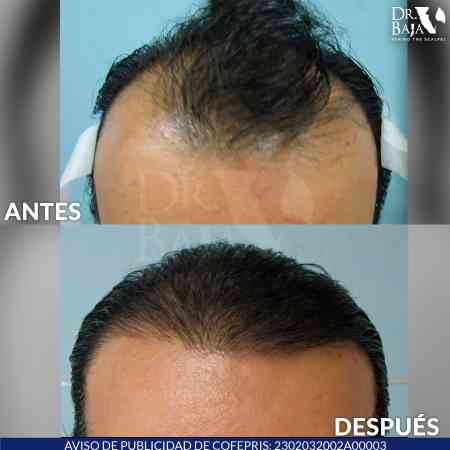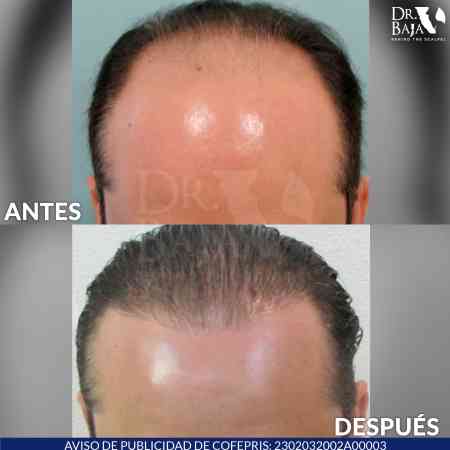What is Hair Transplant?
Hair transplant, also known as hair grafting, is a procedure that involves extracting hair follicles from a donor area resistant to falling out and transplanting them to areas of the scalp with hair loss.
Benefits:
- Hair transplant restores the natural appearance and boosts confidence.
- Permanent results with fall-resistant follicles.
- It is a safe procedure.
- Quick recovery, with most patients resuming normal activities within a few days.

What are the procedure times?
The times may vary depending on the patient.
Procedure duration
6 - 8 hours
Discomfort time
1 - 2 days
Recovery time
5 days
Type of anesthesia
Local anesthesia
Necessary hospitalization
No





